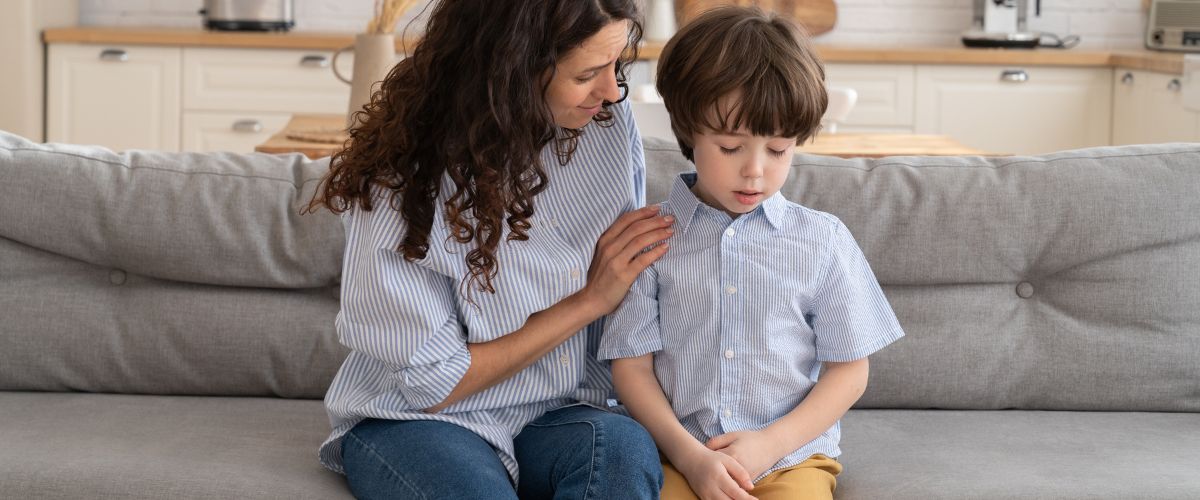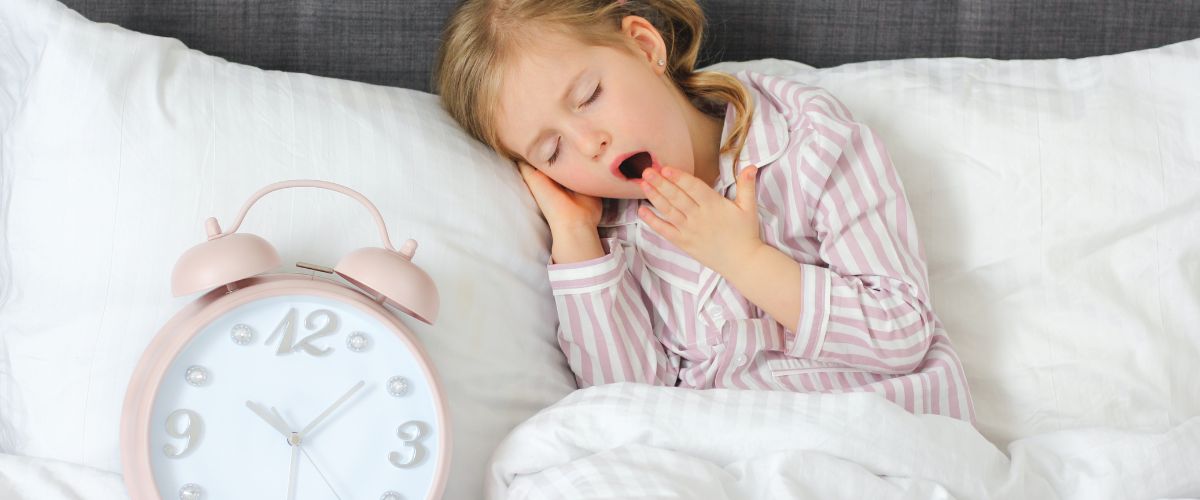NOISE Sensitivity – Why Noise Can Be A Child’s Biggest Stressor Why Noise Sensitivity Could Be One Of Your Child’s Biggest Cause Of Stress, Anxiety And Depression So What Is …
 Uncategorized Holistic Parenting Stress Management
Uncategorized Holistic Parenting Stress ManagementNOISE Sensitivity- Why Noise Maybe Your Child’s Biggest Stressor
 Holistic Aromatherapy Essential Oil Meditation Parenting Sensitive Kids Stress Management
Holistic Aromatherapy Essential Oil Meditation Parenting Sensitive Kids Stress Management7 Ways To Calm Down A Hyperactive Child
How To Calm Down A Hyperactive Child Top tips how to calm down an overstimulated hyperactive child or child with ADHD. Understanding hyperactivity and children and how to deal with …
 Sleep Meditation Parenting Therapy
Sleep Meditation Parenting Therapy5 Tips For A Calm Bedtime Routine For Your Child
How To Create A Calm Bedtime Routine For Your Child. Simple ways to create a happy healthy and calm bedtime routine for your kids and teenagers. For so many …
